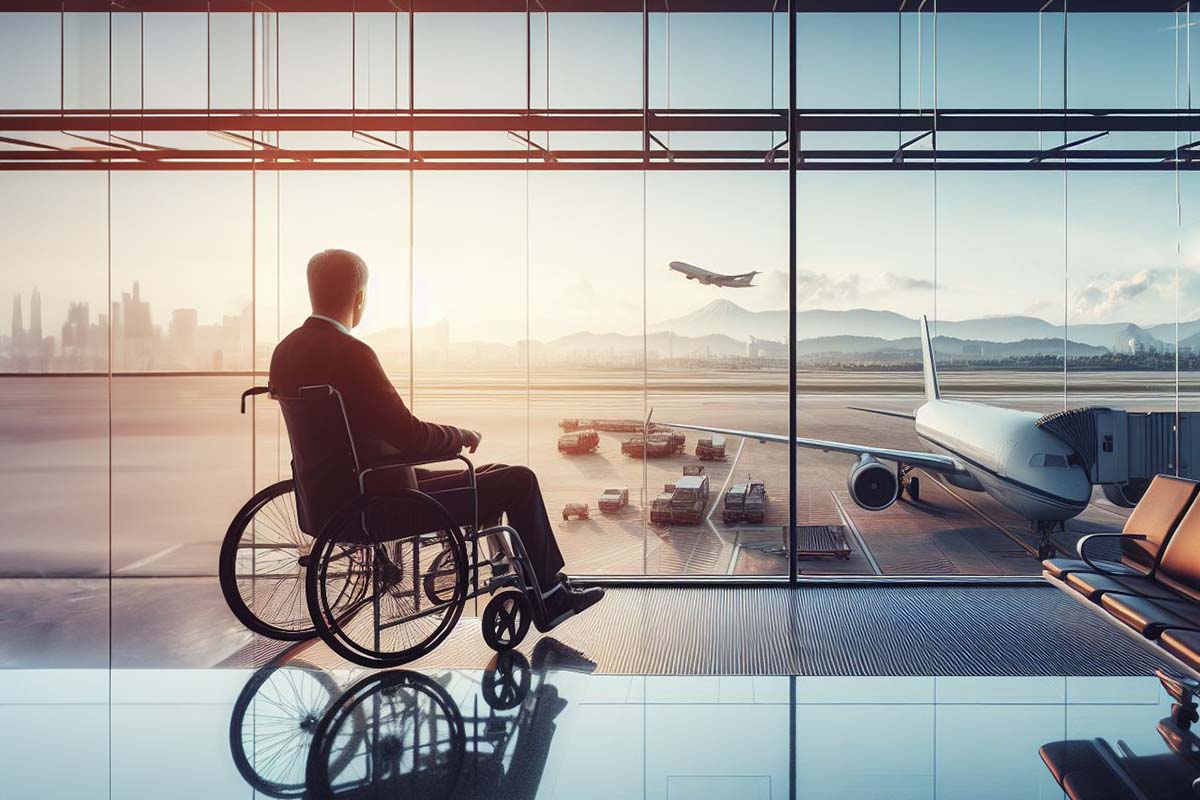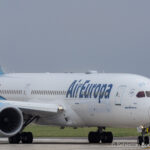The United States Department of Transportation (DOT) is implementing new rules requiring airlines to train employees in handling passengers with disabilities to ensure safe and dignified treatment during air travel.
Transportation Secretary Pete Buttigieg announced these new protections for individuals who use wheelchairs, responding to a series of reported violations by airlines failing to comply with existing laws.
DOT data indicates that one out of every 100 wheelchairs or scooters transported on domestic flights ends up damaged, delayed, or lost, reported Aeroin.
The new rules will require airlines to assist passengers with mobility issues, ensuring that this does not put them at risk of injury. Additionally, employees must receive annual hands-on training to assist passengers with reduced mobility or handle their wheelchairs or scooters.
Airlines will also be required to return any assistive device in the same condition in which it was received. Otherwise, it will be presumed that the airline has violated the Air Carrier Access Act (ACAA). Furthermore, companies will be responsible for informing passengers before disembarkation if their wheelchairs or scooters have been unloaded.
These measures are part of other DOT actions led by Buttigieg to protect the rights of passengers with disabilities. In October 2024, the DOT imposed a $50 million fine on American Airlines for severe violations of laws protecting passengers with disabilities.
Moreover, the DOT introduced rules to require airplane bathrooms to be accessible for individuals with disabilities and launched the Air Passengers with Disabilities Bill of Rights.
The effective compliance with these new rules will begin between January 16, 2025, and June 17, 2026, depending on the specific rule. The primary goal is to enhance the travel experience for passengers with disabilities, ensuring that airlines and their employees are well-prepared to provide consistent and respectful service.
Additionally, innovations already adopted by some companies, such as United Airlines, which introduced new features to ensure wheelchair users are properly accommodated, exemplify the positive efforts underway.
Finally, the new regulations will also establish improved standards for onboard wheelchairs, which must be met by aircraft with more than 60 seats by October 2, 2031.













